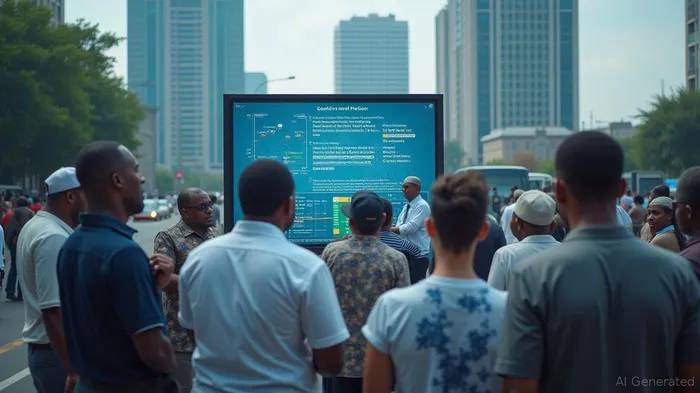Nigerian Telecom Services Halted Due to Identity Verification Platform Migration
Mobile network operators (MNOs) in Nigeria are facing a significant disruption as they transition to a new identity verification platform mandated by the National Identification Management Commission (NIMC). This migration has led to a temporary halt in SIM-related services, including activations, replacements, and swaps, affecting millions of telecom subscribers across the country.
The Association of Licensed Telecommunications Operators of Nigeria (ALTON) has confirmed that the disruption is widespread, impacting all telecom operators. The new platform is intended to enhance the security and efficiency of national identity verification processes. However, the sudden technical challenge has resulted in the suspension of real-time activities such as SIM registration, number porting, and other essential services.
During this period, MNOs will be unable to support SIM swaps, replacements, activation of new subscribers, and other related services. This has caused inconvenience for telecom subscribers who rely on these services for communication, business operations, and digital access. The NIN-SIM policy, which mandates that all lines must be linked with the owners’ National Identification Number (NIN) at the point of registration, has made it impossible to register any new SIM since the NIMC server is currently inaccessible.
ALTON has advised Nigerians to postpone visits to telecom service centers for such services until the issue is resolved. The association is working closely with the Nigerian Communications Commission (NCC) and other relevant bodies to address the integration challenges and restore services. ALTON has expressed its commitment to regulatory compliance and has pledged to provide timely updates on the situation.
The move to coordinate digital identity across sectors is part of a broader effort to enhance digital transactions, reduce fraud and cybercrime, and support greater participation in e-commerce, digital banking, and mobile money services. The NIN-SIM integration project, which began in December 2020, aims to strengthen confidence in digital transactions and drive economic growth.
Despite previous deadline extensions for the linkage of all existing SIMs to owners’ NIN, many phone lines remained unlinked. Last September, the NCC disconnected all unlinked lines, resulting in a 30 per cent decline in subscriptions for Nigerian telecommunications companies. As of August 2024, over 153 million SIMs have been successfully linked, reflecting a compliance rate of 96 per cent, a significant increase from 69.7 per cent in January 2024.
The NCC’s Executive Vice Chairman, Aminu Maida, declared that all lines in the country have been successfully linked, marking the closure of the existing SIMs’ linkage to users’ NIN. However, the current technical disruption highlights the ongoing challenges in implementing and maintaining a seamless identity verification system for telecom services in Nigeria.

Quickly understand the history and background of various well-known coins
Latest Articles
Stay ahead of the market.
Get curated U.S. market news, insights and key dates delivered to your inbox.



Comments
No comments yet